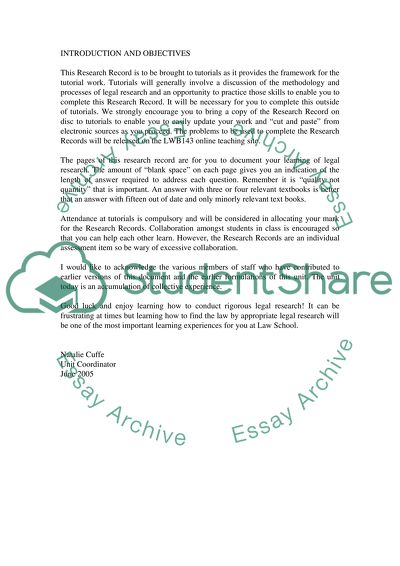Cite this document
(“Intellectual property / copyright legal research Essay”, n.d.)
Retrieved from https://studentshare.org/law/1500886-intellectual-property-copyright-legal-research
Retrieved from https://studentshare.org/law/1500886-intellectual-property-copyright-legal-research
(Intellectual Property / Copyright Legal Research Essay)
https://studentshare.org/law/1500886-intellectual-property-copyright-legal-research.
https://studentshare.org/law/1500886-intellectual-property-copyright-legal-research.
“Intellectual Property / Copyright Legal Research Essay”, n.d. https://studentshare.org/law/1500886-intellectual-property-copyright-legal-research.


